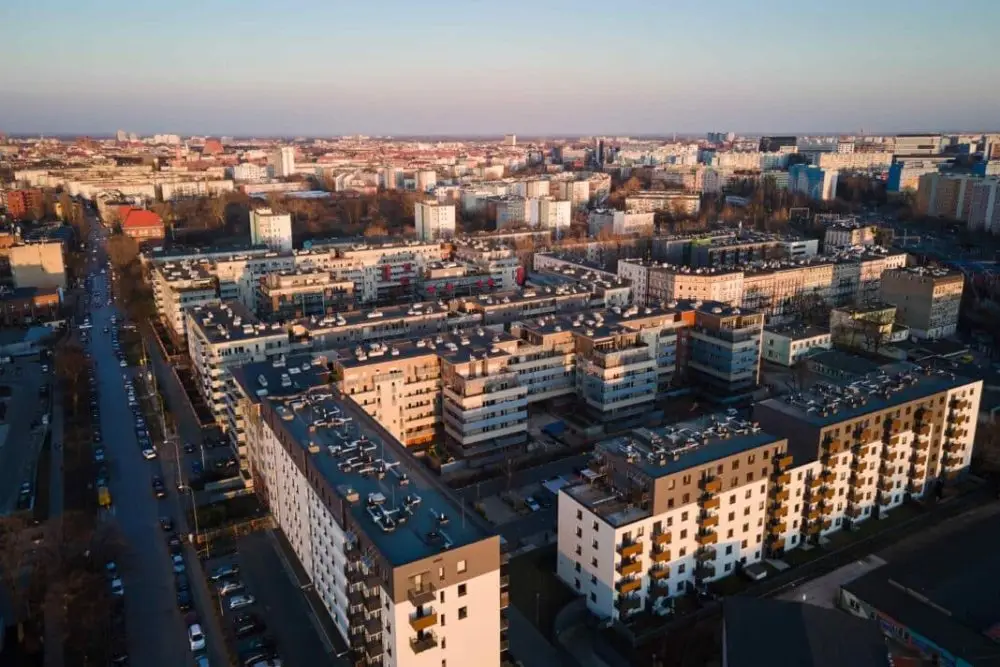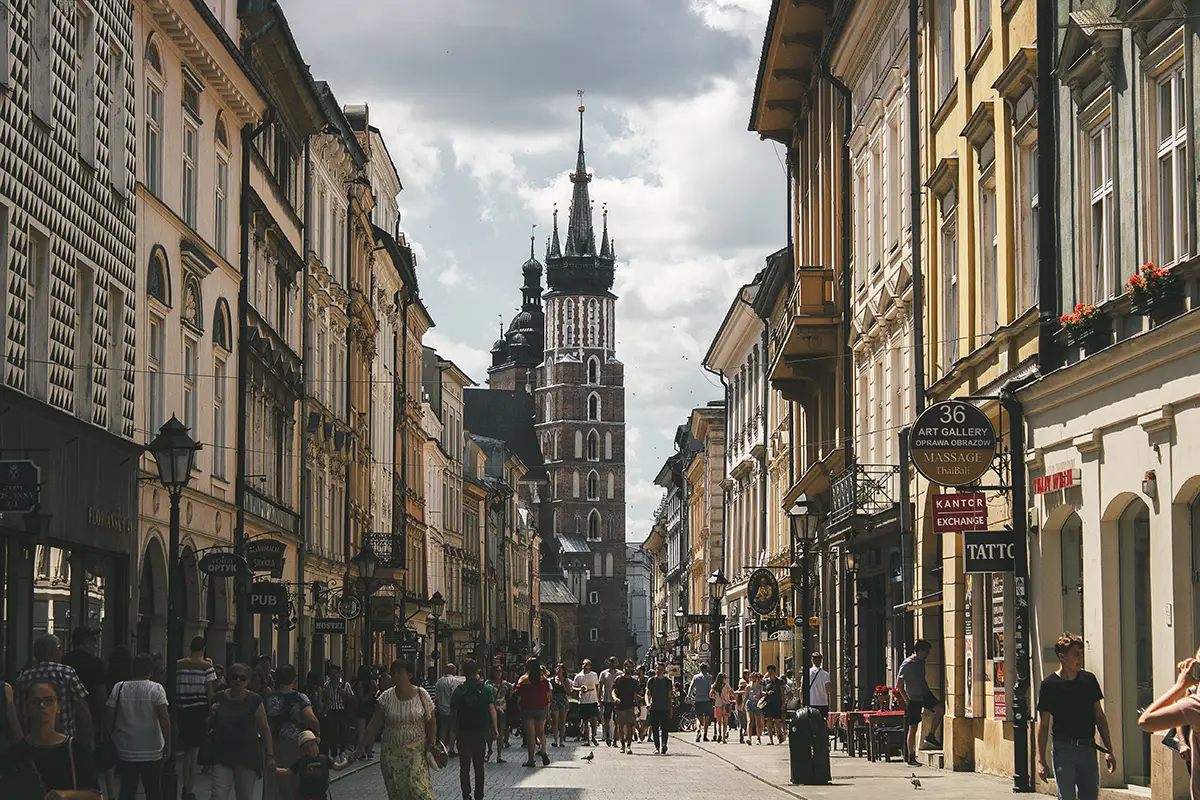In recent years, Poland has become one of the key destinations for migration. Flexible policies, a high standard of living, and access to the European market have made the country attractive to foreigners seeking integration. The central tool for integration into Polish society is citizenship by naturalization, which involves legally acquiring full legal status in the country after a long period of residence and meeting a set of requirements.
### Conditions for Obtaining Citizenship by Naturalization: Path to Recognition

For many migrants, the path to citizenship begins with legalizing their residence. Typically, the sequence includes a visa, temporary residence permit, permanent residence permit, and finally, submitting an application.
The main conditions for naturalization in Poland include having permanent residency, stable income, knowledge of the language, and passing a test on the country’s culture and history. Key to this is integration into Polish society, which requires involvement, understanding of traditions, and demonstrating commitment to local values.
### How to Obtain Citizenship by Naturalization: Key Features in Poland
The process of obtaining a passport in Poland is subject to specific norms:
– Mandatory permanent residency for at least 3-10 years depending on the category;
– Confirmation of stable income and employment;
– Providing certificates of no criminal record in Poland and the home country;
– Mandatory language proficiency and successful test completion;
– Signing an oath of allegiance to the Republic of Poland.
These elements serve as basic filters to select those genuinely seeking to become citizens of the country, rather than just obtaining a document.
### List of Required Documents
When applying for a passport, the following documents will be required:
– Application of the prescribed form;
– Passport and residence card;
– Proof of income for the past years;
– Certificates of no criminal record;
– Diploma or certificate in Polish language;
– Evidence of integration (employment contract, participation in public life).
Thus, the set includes not only standard documents but also elements confirming attachment to society.
### Language as an Integration Tool
Knowledge of the national language is particularly important for Poland. The law requires candidates for naturalization to pass an official exam at a minimum B1 level. All aspects of language proficiency are considered – speaking, comprehension, grammar, and writing.
The absence of a certificate automatically becomes an obstacle to further progress towards citizenship. Language proficiency is seen as an indicator of successful integration and readiness to participate in the life of the state.
### Permanent Residence Permit and Its Role
Obtaining permanent residency is a key stage before acquiring citizenship by naturalization. A foreigner must legally reside in the country for at least five years (or three years if married to a Polish citizen) and demonstrate domicile, i.e., a stable connection to the territory.
To obtain permanent residency, not only legally justified residence is required but also demonstrating economic self-sufficiency – having employment or other legal sources of income.
### Income, Employment, and Tax Discipline
The financial stability of the applicant is considered a sign of responsibility. Stable income, employment, or regular payments (including entrepreneurial activities) must be supported by official documents.
When reviewing the application, special attention is paid to tax compliance. The law requires fulfilling obligations to the state, including transparency of income sources.
### Historical and Cultural Context
Poland values not only formal criteria but also respect for its traditions. A candidate seeking citizenship by naturalization must demonstrate basic knowledge of history, power structure, and fundamentals of Polish culture.
The exam allows the state to ensure loyalty, awareness, and willingness to integrate into society. A foreigner who shows no interest in cultural aspects risks not passing the selection process.
### Reputation and Criminal Record
The moral character of the candidate is also taken into account. Having a criminal record or even administrative offenses can significantly reduce chances. Authorities reviewing the application check not only the applicant’s domestic but also international reputation.
Additionally, reviews, community activities, participation in charitable and cultural projects are considered. All factors influence the overall perception of the individual applying for citizenship by naturalization.
### Integration into Society and Taking the Oath
The final stage is taking the oath. It is not just a formality but an act of symbolic connection to the new homeland. Taking the oath signifies recognition of values, respect for the law, and a desire to be an active part of society.
Without this step, the passport acquisition process is not considered complete. Integration is confirmed through participation in the community, volunteering, education, and communication in the country’s language.
### Real Estate Investments as an Alternative
Investing in real estate is considered an alternative way to expedite the migration process. Polish legislation does not grant automatic citizenship by naturalization for buying property, but significant investments allow eligibility for a residence permit and later, permanent residency.
This path is suitable for those wishing to establish economic ties, demonstrating financial loyalty and long-term plans within the state. Subject to meeting all other requirements, real estate investments can be part of a comprehensive naturalization strategy.

### Obtaining Citizenship by Naturalization in Poland: Key Points
Obtaining citizenship by naturalization in Poland is a multi-stage but transparent process. It requires a combination of legal knowledge, social involvement, financial stability, and respect for national identity.
Following all stages – from visa to oath – establishes a solid legal basis, allowing a foreigner to officially become a citizen of the country. In addition to the traditional path, real estate investments can be considered a way to strengthen positions, especially with economic resources in hand!
 en
en  de
de  ar
ar  es
es  nl
nl  hi
hi  fr
fr  it
it  pt
pt  el
el 









